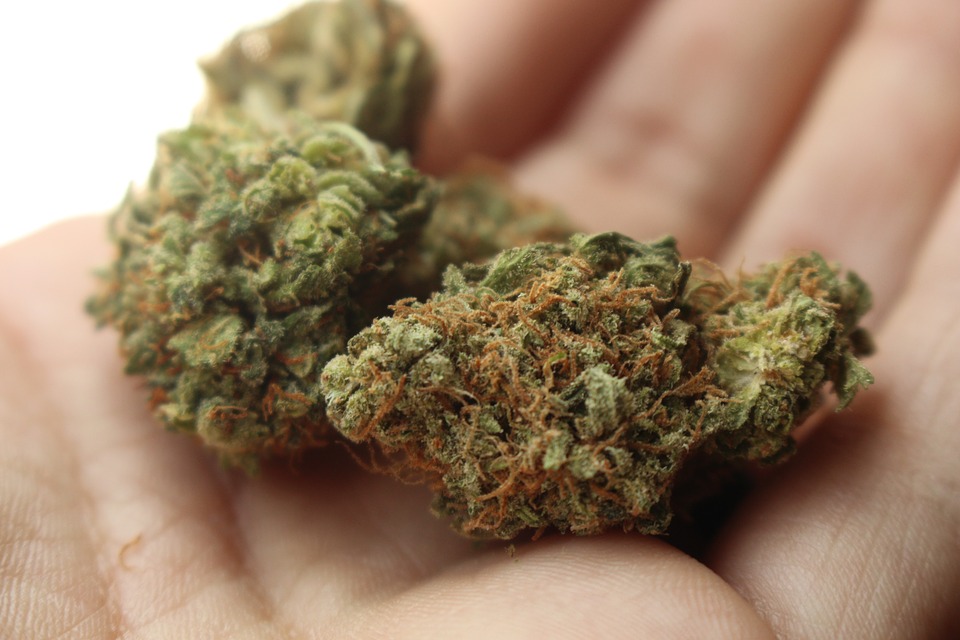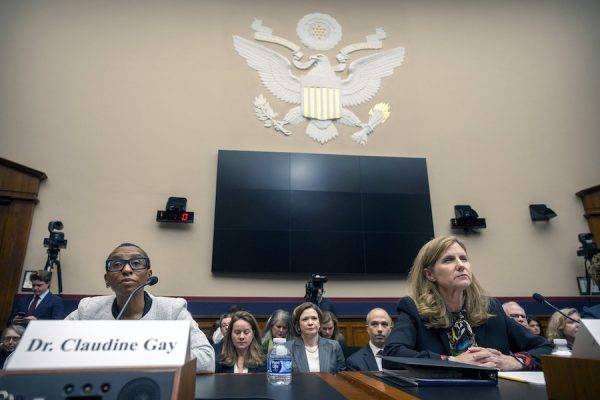“A better hit comes from legal cannabis,” promises the bright green graffiti along a main boulevard in downtown Montevideo, Uruguay’s capital. In style and substance, the message reflects the bold policies of Uruguay’s leftist government, which has recently legalized same-sex marriage and abortion and now is redefining the debate on marijuana.
Uruguay’s government may soon be the first in the world to produce and distribute pot. At the center of the reform is President Jose “Pepe” Mujica, a former Tupamaro guerilla who tools around in a Volks-wagen bug and donates most of his income to charity, making him “the world’s poorest president,” or its most generous, depending on your perspective.
The motivation behind the reform is to combat abuse of pasta base, a type of crack. “We want to separate those that smoke marijuana from those that smoke pasta base,” said congressman Felipe Michelini, a member of Mujica’s Frente Amplio (Broad Front), which controls both houses of parliament. By cutting out criminal dealers, Michelini hopes to prevent marijuana users buying pasta base, “something that’s more addictive.”
Officials also predict that shifting the drug supply out of the black market will deprive organized crime of its lifeblood—money—and prevent violence.
Top officials in Uruguay see drug and crime policies as components of a larger strategy for preserving social cohesion.
Ultimately, Mujica and his allies seek to prevent criminals feeding off the poor.
“In Uruguay you have a philosophy of—how do we get people back into society?” said Shannon O’Neil, a Latin America expert at the Council on Foreign Relations. Uruguay’s approach differs markedly from that of Mexico’s U.S.-backed war on drugs and has won support throughout the region. In Mexico, she said, “you have haves and have-nots and a government vested interest in making rules that benefit [the haves].”
To be sure, the scale of the problem differs between the countries: Uruguay lacks Mexico’s entrenched, politically connected organized crime apparatus, and Uruguay doesn’t play a key role in the global drug trade. However, Mexico and Uruguay share one critical similarity: their drug policies are explicitly framed as mechanisms for upholding democracy, and they in turn reflect ideas about how democracy is fostered.
Top officials in Uruguay see drug and crime policies as components of a larger strategy for preserving social cohesion. “We need to include people, we need to create more equality, to have more democracy,” said Diego Cánepa, Mujica’s chief of staff. Military officials point out that huge wealth disparities, high dropout rates, and unemployment nurture organized crime.
In Mexico, by contrast, poverty, inequality, impunity, and corruption have gone largely unaddressed while the war on drugs has left 70–80,000 people dead.
Still, whether Uruguay’s new policy will even be implemented, much less enhance democracy, remains to be seen. Mujica, despite his parliamentary control, delayed a vote on the reforms after a December 2012 poll found that more than 60 percent of the public opposed them. “The majority has to come from the streets,” Mujica said. “The people have to understand that with violence and putting people in prison the only thing we are doing is helping the drug trafficking market.” In April the National Board of Drugs launched a two-month campaign to drum up support before the bill goes before Parliament later in the year.
Among the opposition is Gabriela Jost, who represents Mama Gaviota, a group of mothers of drug addicts. They have lobbied the government to expand rehabilitation services and classify addiction as a public health issue. “None of the substances should be permitted,” she said. “To legalize is to pretend to exercise some control over consumption, but there will always be some illegal business behind that.”
As in other countries, right-wing parties have seized on security issues. The press and political officials often highlight homicides potentially associated with organized crime or drugs, although nearly one half of homicides are committed by intimate partners, the victims mostly women. “With the economy improving,” said political scientist Martin Weinstein, “the opposition parties are using this as the only real wedge they have.”
The government’s stated commitments to liberalization and democratic policies are also open to question. The United Nations has harshly criticized Uruguay for its excessive detentions of young people, the majority of whom, according to government statistics, come from low-income populations and have received very little schooling. And last September the country welcomed the U.S. Drug Enforcement Agency onto its territory.








